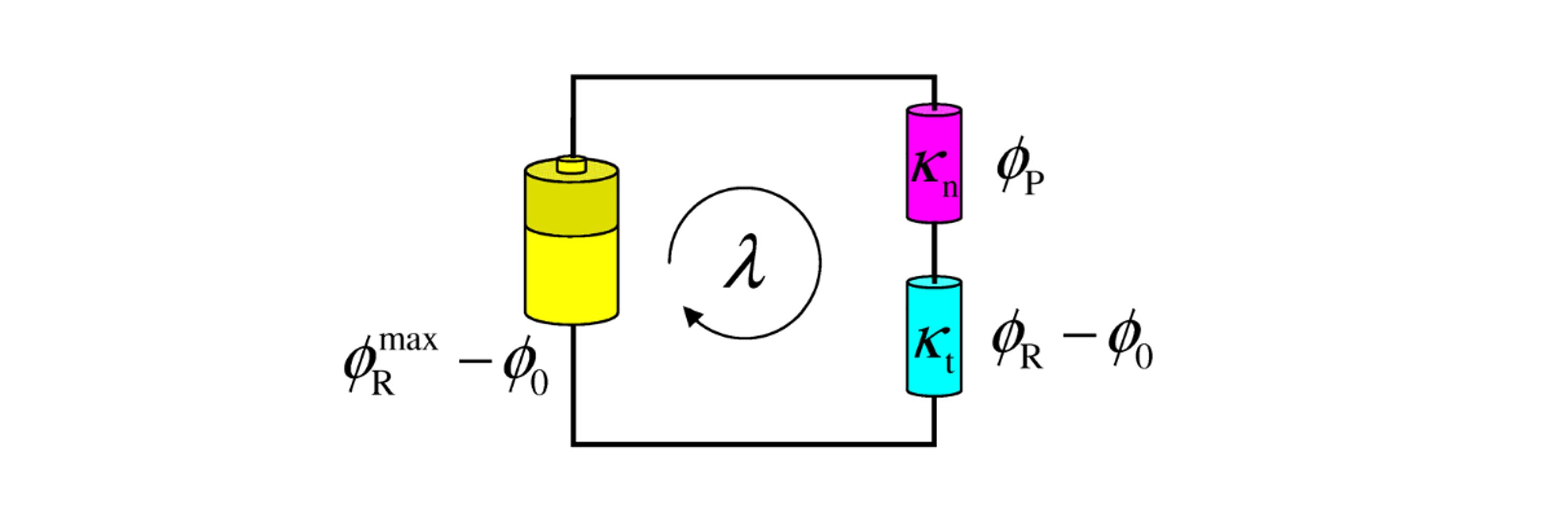

www.nature.com/articles/s41...

#phagesky
www.nature.com/articles/s41...

#phagesky
www.nature.com/articles/s41...
www.biorxiv.org/content/10.1...
www.biorxiv.org/content/10.1...
In our new preprint, @martinadalbello.bsky.social, Jeff Gore and I studied the impact of salinity on microbial community composition and function. 🧵 (1/5)
www.biorxiv.org/content/10.1...

Excellent work by UW Master's student Gechlang Tang in @asm.org #mSystems Journal.
journals.asm.org/doi/10.1128/...
🧵
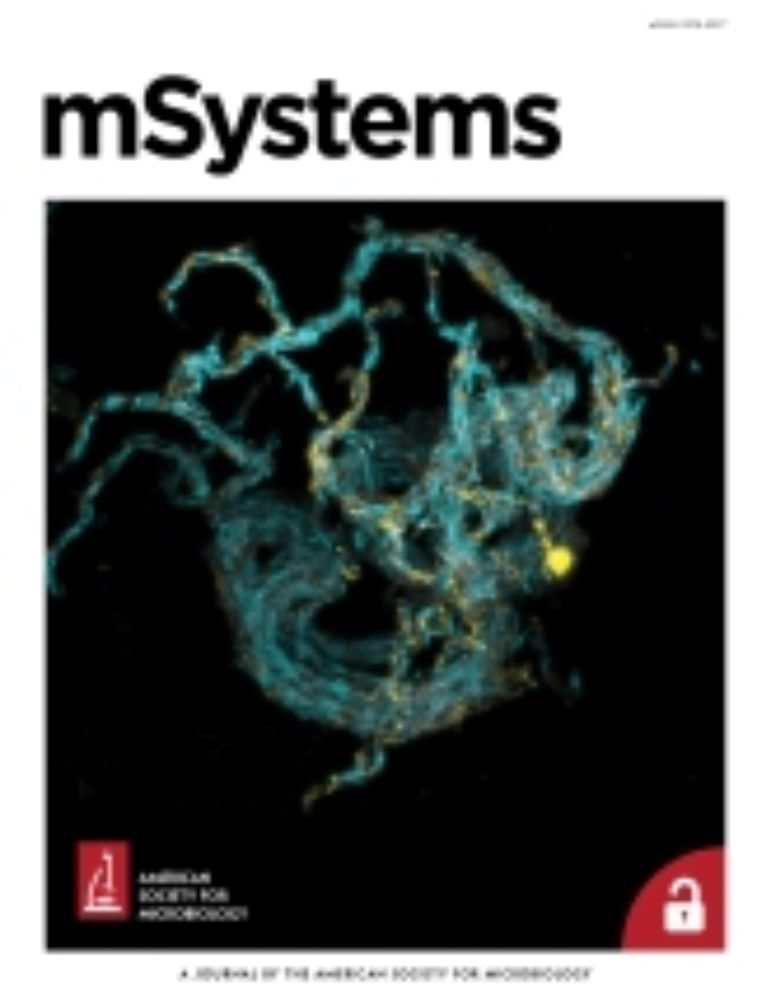
Excellent work by UW Master's student Gechlang Tang in @asm.org #mSystems Journal.
journals.asm.org/doi/10.1128/...
🧵
Check out this nice piece by @philipcball.bsky.social on our new publication in PRX Life.
physics.aps.org/articles/v18...
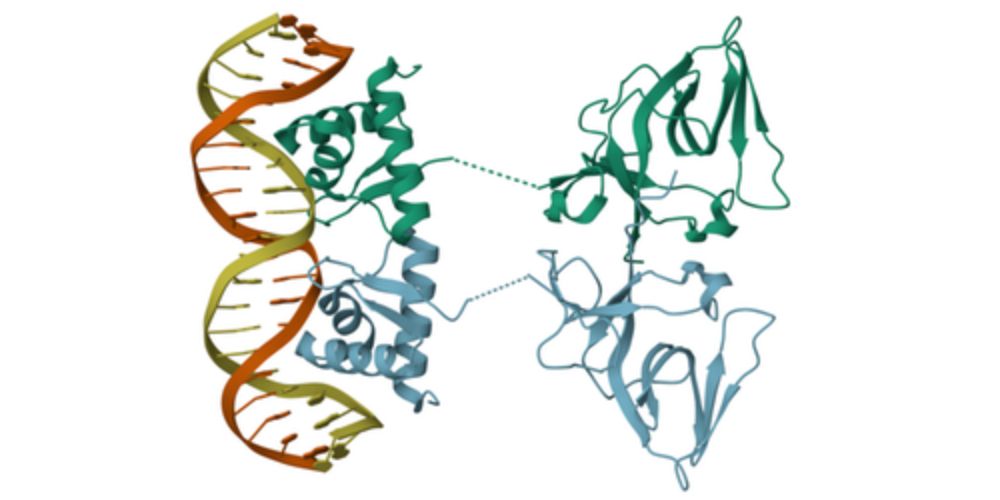
Check out this nice piece by @philipcball.bsky.social on our new publication in PRX Life.
physics.aps.org/articles/v18...

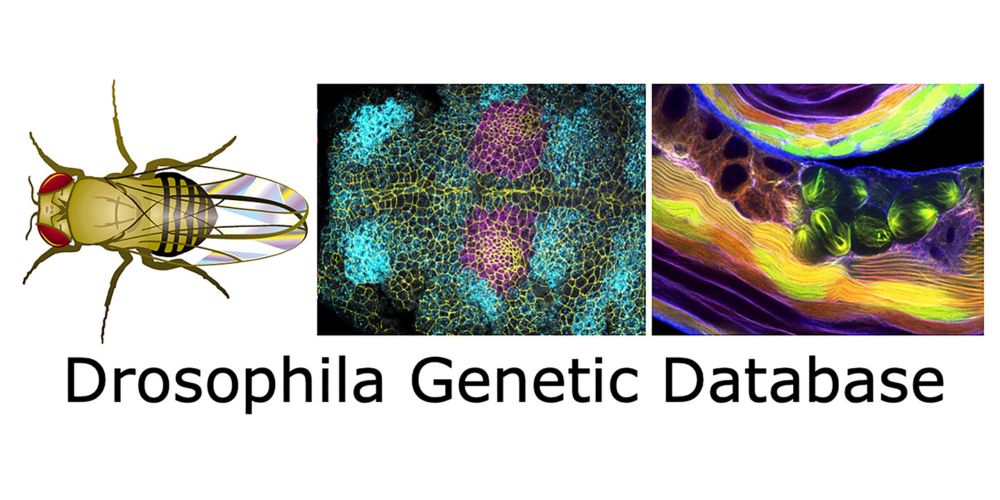
Within-colony bacterial dynamics.
And the figures are absolutely striking and clear.

Within-colony bacterial dynamics.
And the figures are absolutely striking and clear.

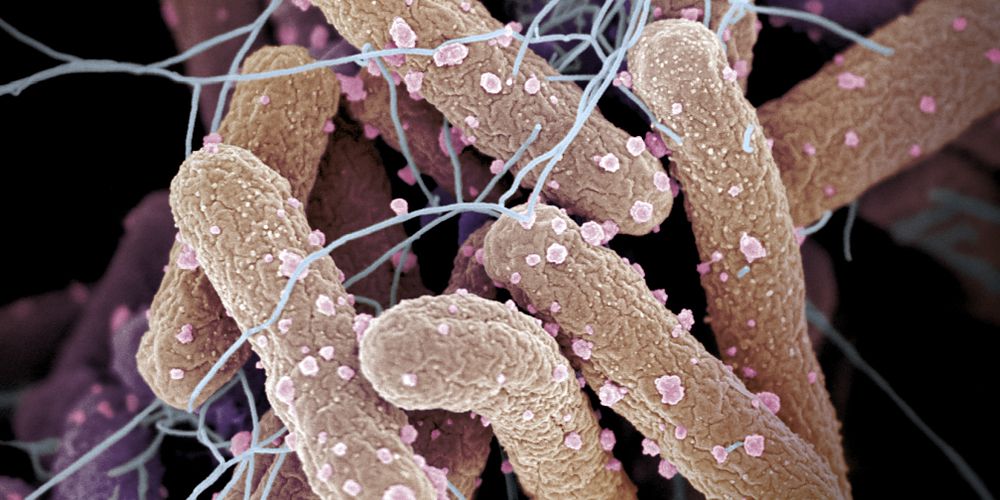
enviromicro-journals.onlinelibrary.wiley.com/doi/full/10....

enviromicro-journals.onlinelibrary.wiley.com/doi/full/10....

www.biorxiv.org/content/10.1...
A cellular entity retaining only its replicative core: Hidden archaeal lineage with an ultra-reduced genome
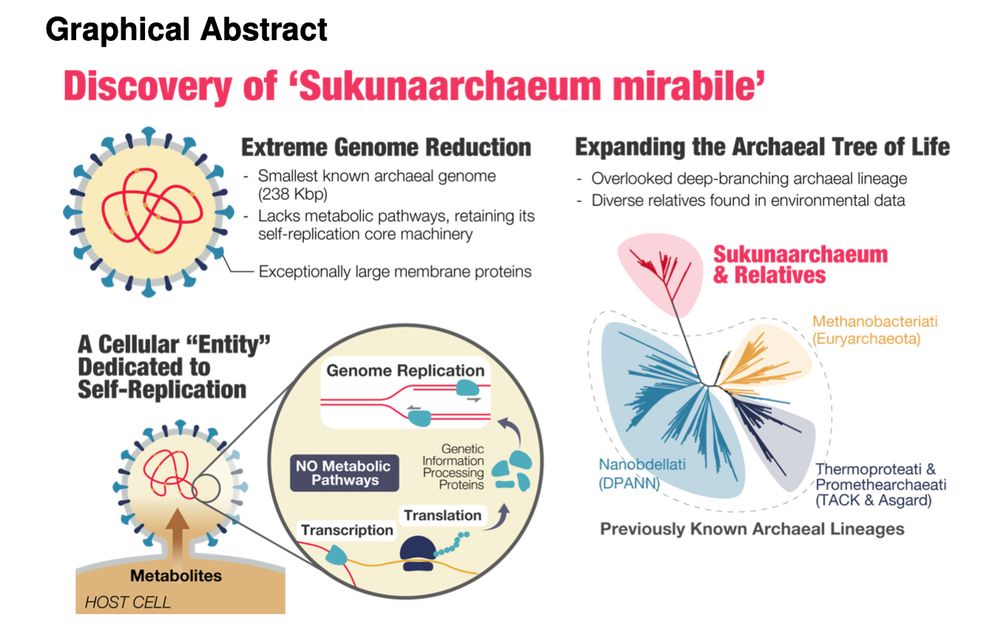
www.biorxiv.org/content/10.1...
A cellular entity retaining only its replicative core: Hidden archaeal lineage with an ultra-reduced genome


www.sciencedirect.com/science/arti...
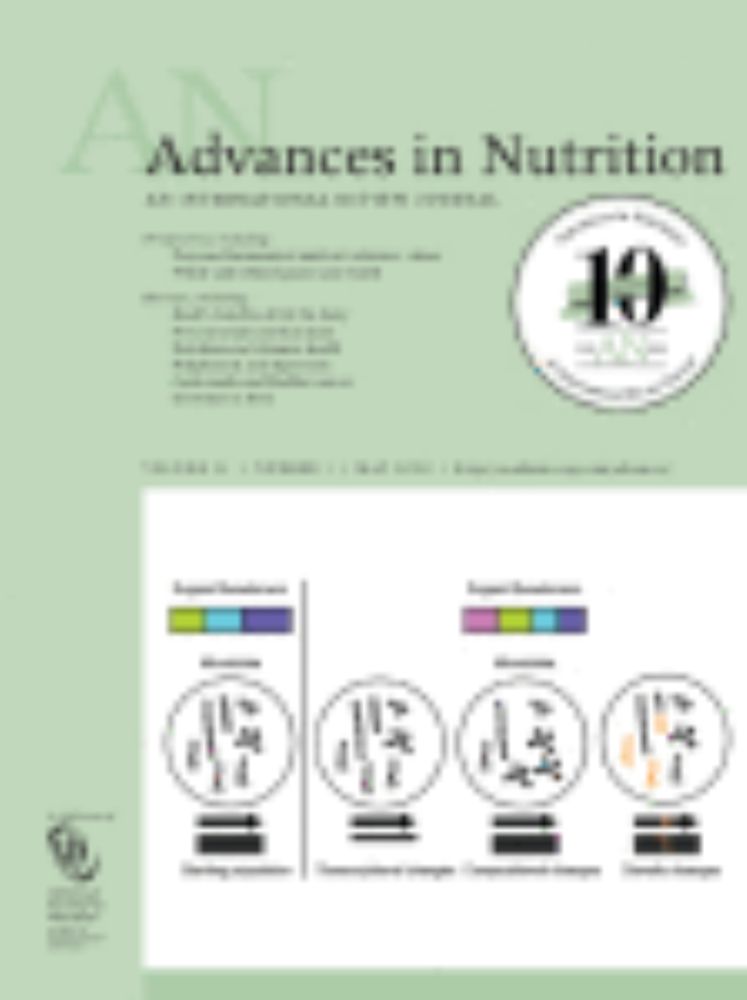
www.sciencedirect.com/science/arti...

www.science.org/doi/10.1126/...
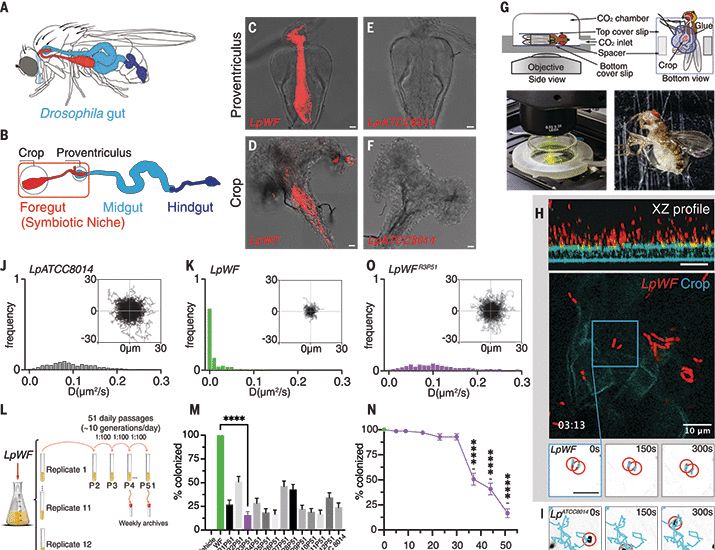
www.science.org/doi/10.1126/...
A conserved bacterial genetic basis for commensal-host specificity
www.science.org/doi/10.1126/...

A conserved bacterial genetic basis for commensal-host specificity
www.science.org/doi/10.1126/...

